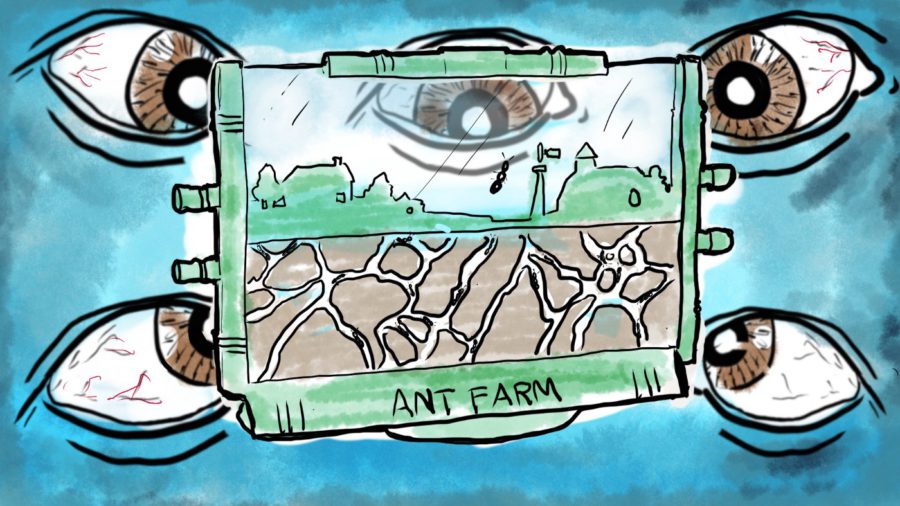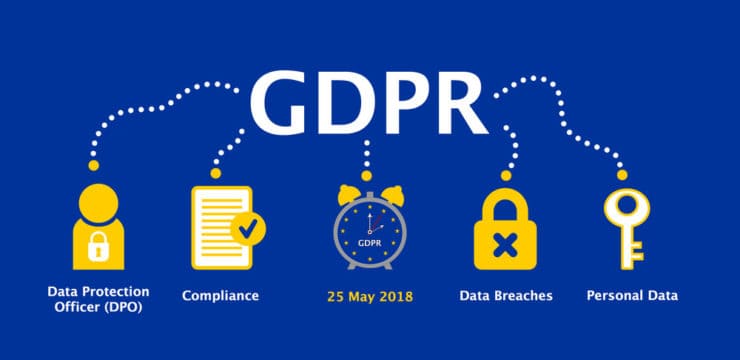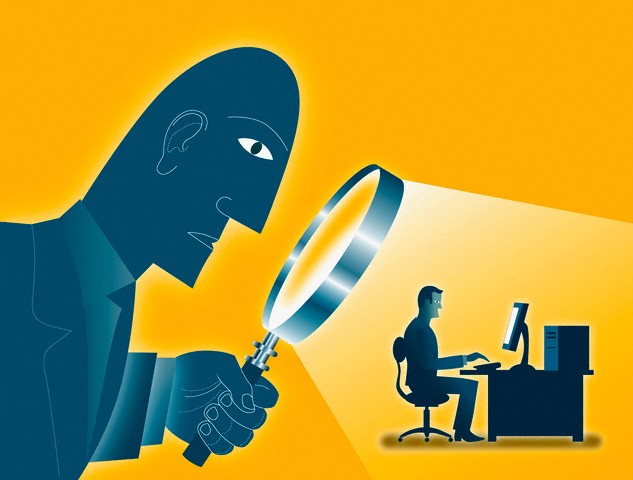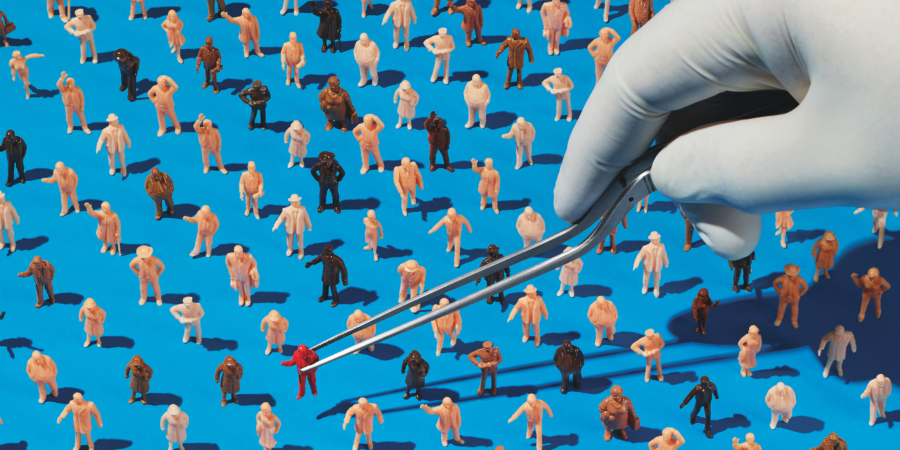The privacy train left a long time ago …

Original material
If you want to understand at what level the relationship between humanity and privacy is, buy an ant farm. For about $ 20, you can buy a thin, tall and transparent house for an ant colony and then admire dozens of ants leading their rather complex and hierarchical lives without noticing your gaze. It is more of a mirror than a scientific project. We live like ants, not realizing the presence of countless eyes around us, constantly watching us.
We must give privacy more importance. Our fears are mounting, and there is no doubt that our relationship with privacy has never been more complex and volatile.
- We are, in a good way, obsessed with how internet giants and social media companies (Facebook, Instagram, Twitter, Google and YouTube) use our personal data. But at the same time, we are constantly posting new information online.
- We are convinced that our 'smart devices' are eavesdropping on private conversations and sharing valuable insights with advertisers. And yet, we happily send saliva to DNA testing companies.
- We honestly don't trust most tech companies. But we constantly carry tracking devices with us. And wherever we go – cameras are watching us.
We try to find a balance between the need for privacy and the desire to establish a personal connection with the world. Perhaps the changes in digital privacy rules that have come into force will help change the balance of power.

Big changes
In late spring, e-mail boxes began to burst with letters about changes in the terms of service. Almost every online service I use has notified me of significant privacy policy changes that took effect on May 25th. Facebook, Google, LinkedIn, Twitter, Sonos, each of the newsletter subscriptions – all updated their policies and asked permission to continue serving and delivering content. Companies don't do this because it's the right thing to do. They are subject to the updated General Data Protection Regulation (GDPR) issued in the EU.
This includes the strictest privacy and data-sharing rules I have ever seen that apply to virtually every technology company serving customers in the EU. It doesn't matter where they are.
Quoting from eugdpr.org:
'The GDPR … will apply to the processing of personal data by data control and data collection companies in the EU, regardless of whether this processing takes place within the EU or not.
Now you won't be able to hide behind lawyers and terms from law textbooks:
Companies will no longer be able to use long, unreadable terms and conditions prescribed by legal terminology, as the request for consent must be formulated in clear and accessible language. '
The GDPR applies the same rigor to the right to be forgotten, unsubscribe and unsubscribe, and to block access to information. These incredible changes will help people feel more comfortable about their interactions with Facebook, Google, and so on. But we will not achieve more privacy.

Privacy pipeline
First of all, the privacy train left a long time ago. If you're not a baby, your personal information is scattered across the web like feathers from a torn pillow. She's on any search, like, tweet, streaming through Netflix, buying through Amazon, searching through Google, overflowing inbox and traveling with GPS on. Removing a personal digital fingerprint from the network will be a truly Herculean job. If you've ever dealt with deleting your profiles from school or college social media before joining the corporate adult world, then you have an idea of the cost and how inappropriate scrappy posts like comments on a blog post. can get stuck in the corners of the world wide web.
On a purely theoretical basis, let's say you are successful. You downloaded your information and deleted Facebook. You stopped using Google, signed out of Twitter and cleared your browsing history. You also somehow managed to convince the provider to delete all your activity records. You deleted all the old messages and forced the interlocutors to do the same (I'm sure they agreed to do this with a smile). You have blocked all cookies and advertisements on all sites. All the information that social networks, search engines and web companies 'knew' about you, has turned into steam. Even in the event of an appropriate request from law enforcement agencies, no company will be able to provide them with anything, because they have nothing on you. In principle, this should be enough, right? You are still at the ant farm, so no.

Even if you do not buy anything through Amazon, but only use regular showrooms, most of them will track your purchases. You left your phone at home, but the car is equipped with a built-in GPS system, and if you choose toll roads for travel and use the E-ZPass system, it is quite easy to track your movements and actions.
And then there are cameras. They are in every device, on house facades and doorbells, on every corner and in most buildings and elevators, and are increasingly found in car dashboards. In the UK in 2010, the CCTV system helped solve about 6 crimes per day. In the example of China, we see the logical development of the idea of surveillance: the ability to create a social rating based, at least in part, on your actions and behavior in front of all security cameras.
Even without all of these tracking technologies, people are used to willingly providing their private information at the slightest hint of benefit or gain. The recent flourishing of personal DNA testing services has been driven by both the availability of testing technology and the ingrained need for people to understand their place in the world. These services promise that they will not collect your data, but some will push you to do this, offering an enticing opportunity to find distant relatives by correlating your DNA with information provided to the service by other people for a match. I can imagine how fortunate it would be to have such a reunion opportunity for twins separated by adoption, or to rebuild families separated by tragedy.

Another recent example is the use of a similar service to track down a Golden State killer. Unlike other similar services, DNA samples were not collected here. Instead, information from services was used to detect family similarities. The police used DNA from one of the crime scenes and uploaded the information into the system to find the criminal's family according to other people who uploaded their data into the system. It is not entirely clear how the DNA of the murderer's family from the Golden State got there, but, in my opinion, this is another reminder that there is a lot of important information about us on the network and it is available for analysis.
I am not suggesting trying to remove all information about myself from the network, this is truly a Sisyphean work. Just make sure the information already there accurately reflects your role in the nest. And smile, you are being filmed.
By Lance Ulanoff
Looking through the articles postponed for reading, I found one more material from the author of the original material of the previous 'Gazebo'. In it, he argues that it is too late to grab his head and move away from everywhere, each of us has already managed to 'inherit' the network. As many of you already know, profiles on social networks and e-mail have long been just the tip of the iceberg, it is now as easy and fast as possible to find a person on the network, as I recently saw from a friend. And more complex search mechanisms, such as keyboard handwriting and scenarios for using the device, were not allowed into the matter.
It seems to me that those who want to remain incognito have long understood all the features of online activities and use tools and algorithms that do not require the provision of private information. There would be a desire, as they say. There is another category of users who have nothing to hide, who do not hide and try to squeeze the maximum benefit out of it. It is important that all users know and understand who and why they trust their personal data and information. For example, it would be nice to see such a course in a modern approach to teaching computer science in schools. Do you think privacy is an illusion?
